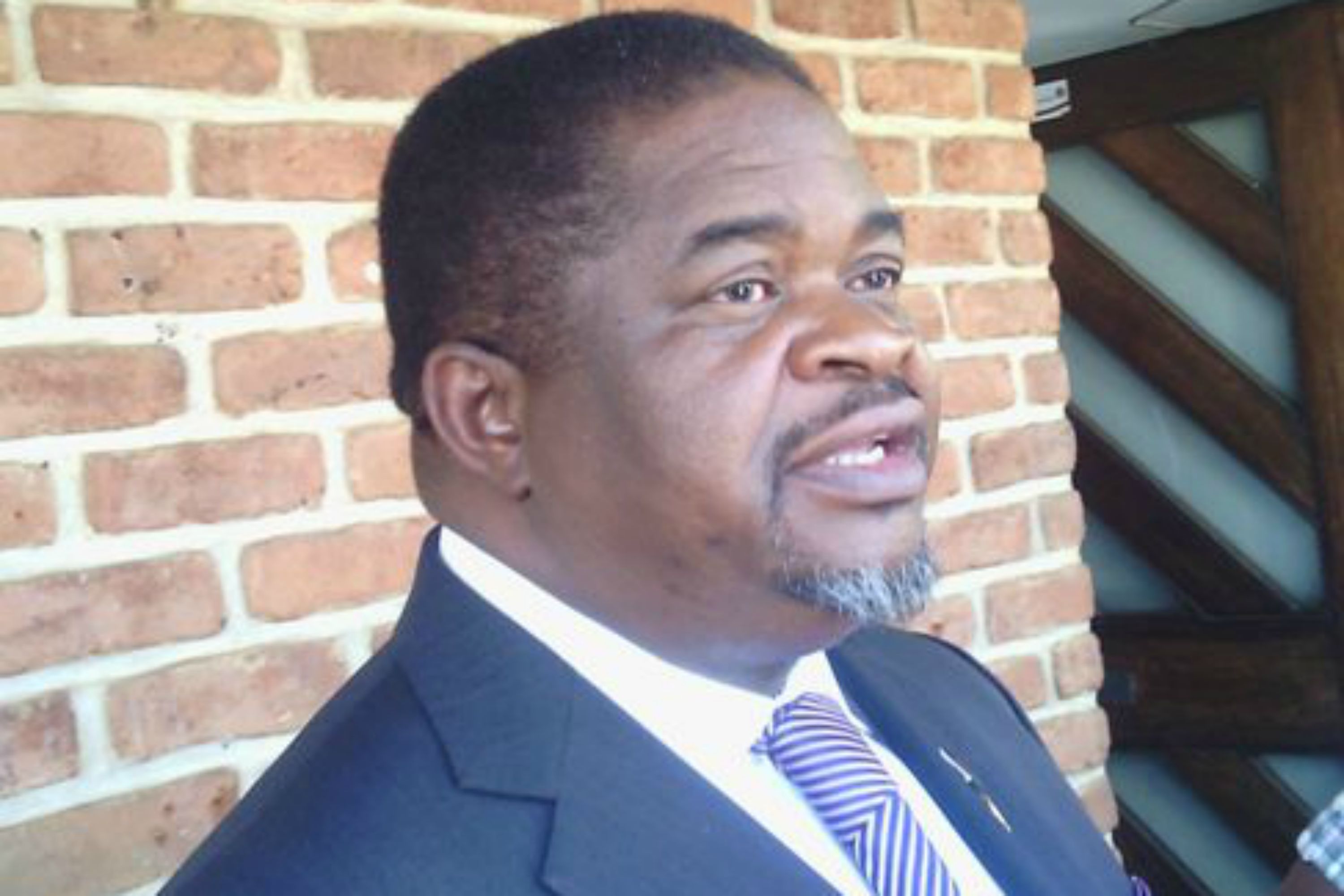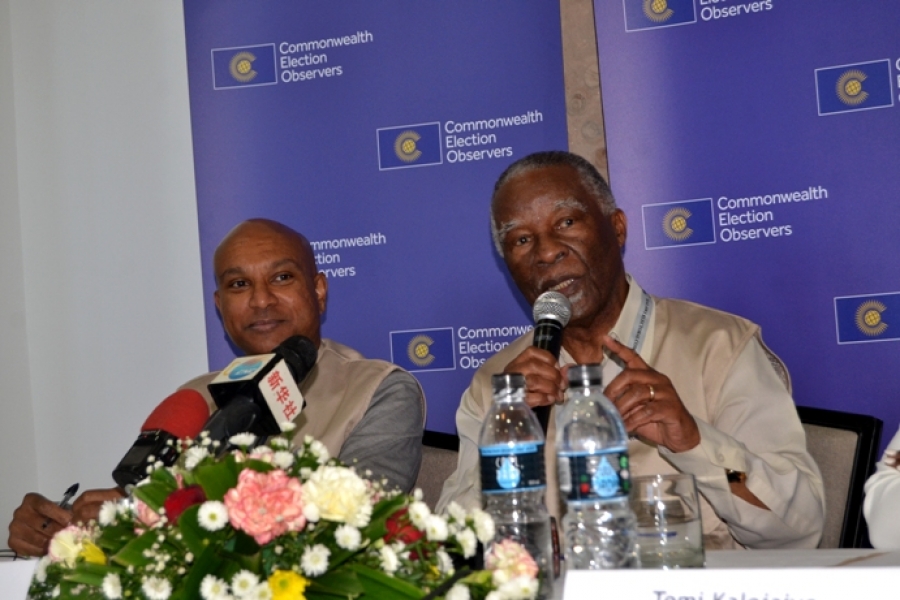Recently Human Rights Watch (HRW) has accused Malawi of falling to protect the rights and livelihoods of people living in budding mining communities.
The global human rights body in its latest report observed that families living near coal and uranium mining operations in northern Malawi faced serious problems with water, food, and housing.
“They are left in the dark about health and other risks from mining,” said HRW in its 96-page report titled, ‘They Destroyed Everything’: Mining and Human Rights in Malawi.’
The report examined the impact of extraction industries on communities in northern Malawi’s border district of Karonga, which was located on the shores of Lake Malawi.
She added: “It is not enough to create a fertile investment climate for mining companies. The government urgently needs to protect the rights of affected communities.”
Human Rights Watch documented rights violations by mining operations of Eland Coal Mining Company, Malcoal, and Paladin Africa Limited.
It said that Malawi lacked adequate safeguards to ensure the necessary balance between development efforts and protecting the rights of local communities.
“Weak government oversight and a lack of information leave local communities unprotected,” reads the report in part.
However,Malawi’s mining minister Bright Msaka has admitted the challenge in an exclusive interview.
He was quick to explain that the government had reviewed its mining legislation in order to bring sanity in the industry.
“It is indeed true that it is so difficult to police mining activities because of the current legislation. But the good news is that we have reviewed the laws and we believe the new law will ensure a properly regulated mining sector,” he said.
According to Msaka, government was meeting stakeholders in the mining sector to sensitise them about the reviewed act.
“We want the new law to balance issues of benefits to Malawians and those of investor-friendliness,” he said.




